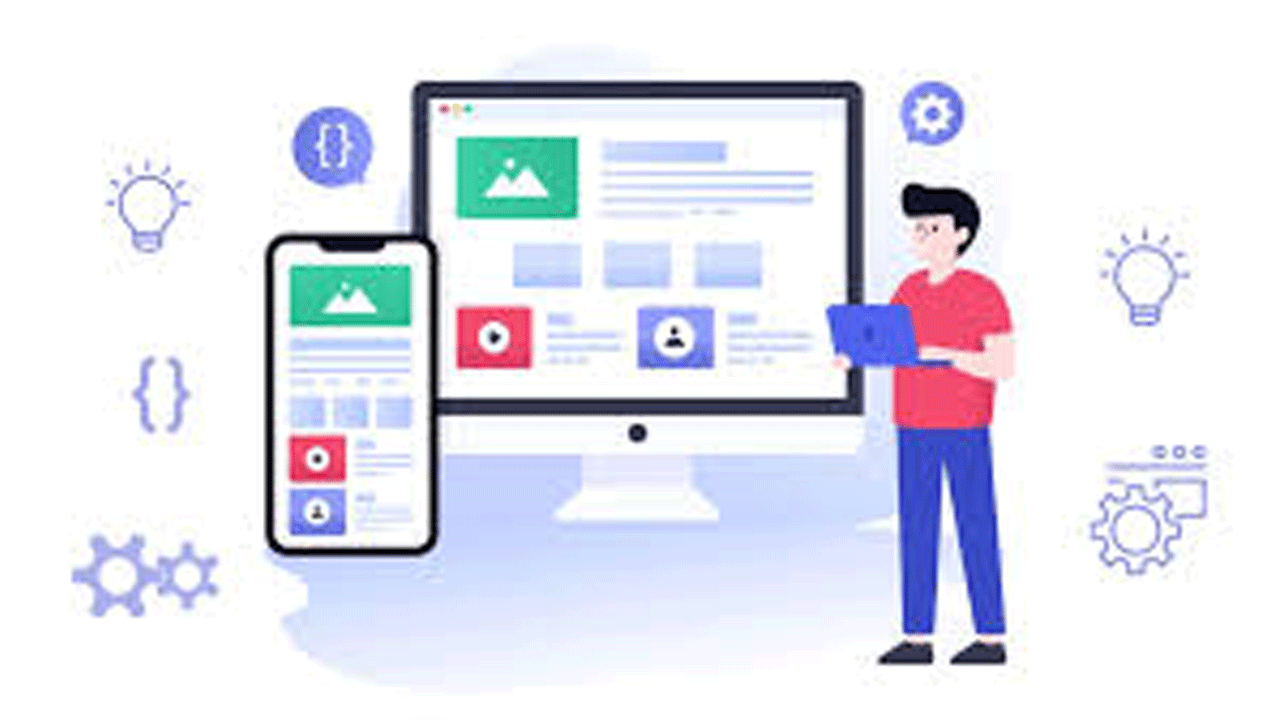Understanding Enterprise Clients: A Comprehensive Guide
In the world of business, understanding your clients is paramount to success. One key category of clients that often requires special attention and tailored strategies is the enterprise client. But what exactly is an enterprise client, and how do they differ from other types of clients? This blog will delve into the intricacies of enterprise clients, providing a clear definition, characteristics, and best practices for managing these crucial business relationships.
What is an Enterprise Client?
An enterprise client refers to a large organization or corporation that purchases goods or services from another company. These clients are typically characterized by their significant purchasing power, complex organizational structure, and high expectations for customization, support, and integration. Enterprise clients can be found across various industries, including finance, healthcare, technology, and manufacturing.
Characteristics of Enterprise Clients
1. Large Scale Operations: Enterprise clients usually operate on a large scale, with extensive resources and numerous employees spread across multiple locations.
2. Complex Needs: Due to their size and scope, enterprise clients often have complex and unique requirements that demand customized solutions and extensive support.
3. Significant Purchasing Power: These clients have substantial budgets, allowing them to make large-scale purchases and invest in long-term partnerships.
4. Long Sales Cycles: The decision-making process within enterprise organizations is typically lengthy, involving multiple stakeholders and rigorous evaluation processes.
5. High Expectations: Enterprise clients expect high levels of service, reliability, and performance from their vendors, often requiring dedicated account management and support teams.
Benefits of Working with Enterprise Clients
1. Revenue Growth: Due to their significant purchasing power, enterprise clients can contribute substantially to a company’s revenue.
2. Brand Prestige: Partnering with well-known enterprise clients can enhance a company’s reputation and credibility in the market.
3. Long-Term Relationships: Enterprise clients often seek long-term partnerships, providing stable and recurring revenue streams.
4. Opportunities for Innovation: Collaborating with large organizations can lead to opportunities for innovation and the development of advanced solutions.
Challenges in Managing Enterprise Clients
1. Resource Allocation: Serving enterprise clients requires substantial resources, including dedicated account managers, customer support, and technical teams.
2. Complex Sales Process: Navigating the lengthy and complex sales process can be challenging, requiring a deep understanding of the client’s needs and decision-making hierarchy.
3. Customization Requirements: Enterprise clients often demand highly customized solutions, which can strain a company’s resources and development capabilities.
4. High Stakes: The expectations of enterprise clients are high, and failure to meet their standards can result in significant reputational and financial damage.
Best Practices for Managing Enterprise Clients
1. Dedicated Account Management: Assign dedicated account managers to handle the unique needs and expectations of enterprise clients.
2. Tailored Solutions: Invest in developing tailored solutions that address the specific requirements of each enterprise client.
3. Proactive Communication: Maintain regular and proactive communication to keep clients informed and address any issues promptly.
4. Continuous Improvement: Continuously gather feedback and strive for improvement to ensure that the services and solutions provided meet the evolving needs of enterprise clients.
5. Strong Support Infrastructure: Establish a robust support infrastructure to provide timely and effective assistance to enterprise clients.
Conclusion
Enterprise clients are a vital component of many businesses, offering significant opportunities for revenue growth, brand enhancement, and innovation. However, managing these clients also presents unique challenges that require specialized strategies and dedicated resources. By understanding the characteristics, benefits, and challenges associated with enterprise clients, businesses can develop effective approaches to build strong, long-lasting relationships with these important customers.
FAQs
Q: What distinguishes an enterprise client from a regular client?
A: Enterprise clients are typically large organizations with complex needs, significant purchasing power, and high expectations for customization and support. They differ from regular clients in terms of scale, complexity, and the resources required to manage them effectively.
Q: How can small businesses attract enterprise clients?
A: Small businesses can attract enterprise clients by offering specialized and innovative solutions, demonstrating expertise in their field, and providing exceptional customer service. Building a strong reputation and leveraging strategic partnerships can also help in attracting enterprise clients.
Q: What industries typically have enterprise clients?
A: Enterprise clients can be found across various industries, including finance, healthcare, technology, manufacturing, retail, and telecommunications.
Q: How important is customer support for enterprise clients?
A: Customer support is crucial for enterprise clients, as they expect high levels of service and prompt resolution of any issues. A strong support infrastructure is essential to meet their expectations and maintain a positive relationship.
Q: What are some common challenges in managing enterprise clients?
A: Common challenges include resource allocation, navigating complex sales processes, meeting customization requirements, and managing high stakes and expectations. These challenges require dedicated efforts and specialized strategies to address effectively.









